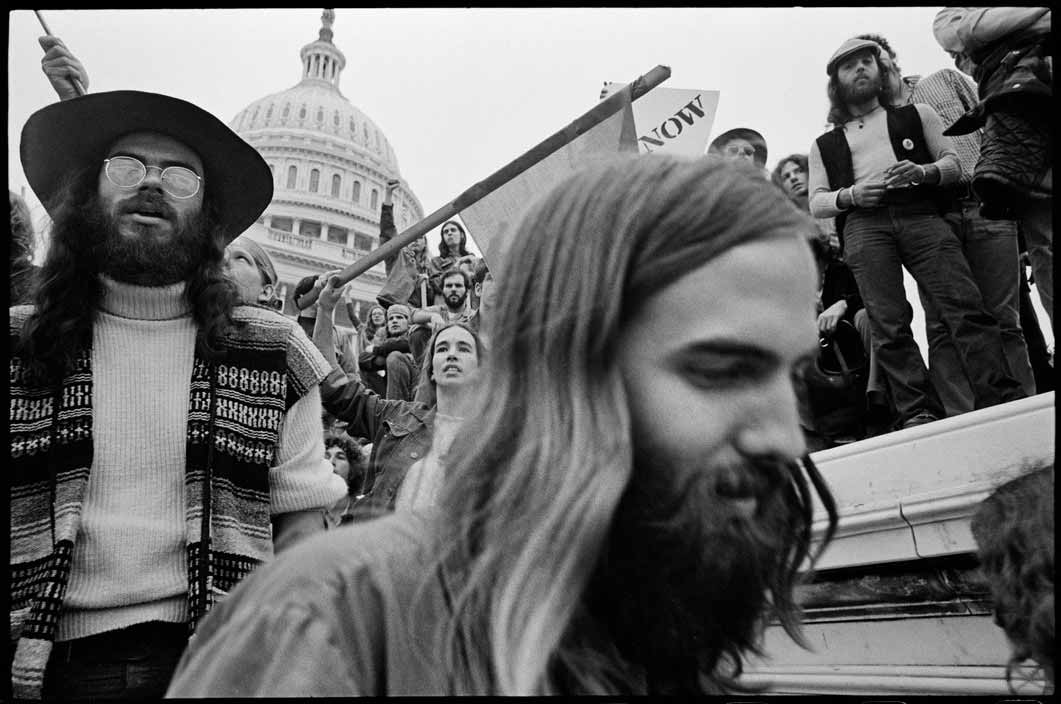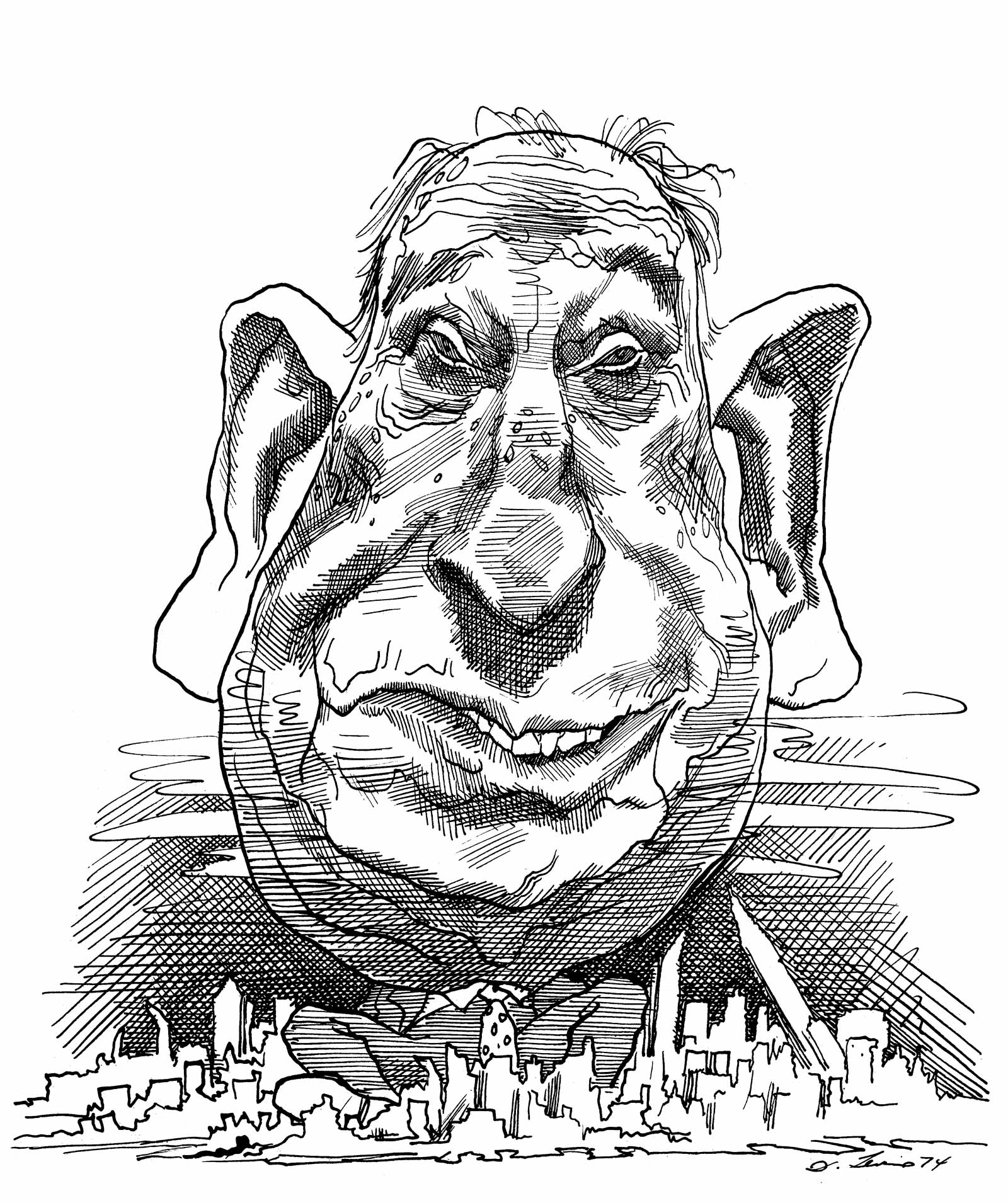To celebrate the fifty-fifth anniversary of The New York Review, we are digging into the magazine’s archives and featuring one article from each year of publication. Today we travel back to the early 1970s.
1972
Special Agent for the FBI
Robert Wall

I thought of myself as an intense idealist and was convinced that the FBI was an organization in which personal integrity was highly valued. To me the organization was above all a protector of the innocent public and only secondarily the relentless pursuer of wrongdoers. In short, I was an ideal candidate for the job. I would not question; I would simply learn to do as I was told, content to believe that the FBI would never direct me wrong. This belief managed to survive my first two years in the bureau, during which I worked on criminal investigations and government job applications. It was when I was assigned to work in Internal Security in Washington, D.C., that I began to have my first serious doubts about the integrity of the organization, its motives, and its goals. »
Also in 1972: Adrienne Rich on Midge Decter, The Anti-Feminist Woman
1973
Animal Liberation
Peter Singer
The phrase “Animal Liberation” appeared in the press for the first time on the April 5, 1973, cover of The New York Review. The essay and the book that grew out of it, also published by the Review, are often credited with starting off what has become known as the animal rights movement.
We are familiar with Black Liberation, Gay Liberation, and a variety of other movements. With Women’s Liberation some thought we had come to the end of the road. Discrimination on the basis of sex, it has been said, is the last form of discrimination that is universally accepted and practiced without pretense, even in those liberal circles which have long prided themselves on their freedom from racial discrimination. But one should always be wary of talking of “the last remaining form of discrimination.” If we have learned anything from the liberation movements, we should have learned how difficult it is to be aware of the ways in which we discriminate until they are forcefully pointed out to us. A liberation movement demands an expansion of our moral horizons, so that practices that were previously regarded as natural and inevitable are now seen as intolerable. »
Also in 1973: Frances FitzGerald, Can the War End?
1974
Emperor of Concrete
Gore Vidal
For thirty or forty years I have seen the name Robert Moses on the front pages of newspapers or attached to articles in that graveyard of American prose the Sunday New York Times Magazine section. But I never had a clear idea just who he was because I never got past that forbiddingly dull title Park Commissioner. I associated him with New York City and I lived upstate. I now realize what a lot I have missed, thanks to someone called Robert A. Caro whose life of Moses has not only taken me a month to read (there are 1,246 pages) but not once—uniquely—did I find myself glumly rifling the pages still to be read at the back. »
Also in 1974: Philip Roth, Imagining Jews





